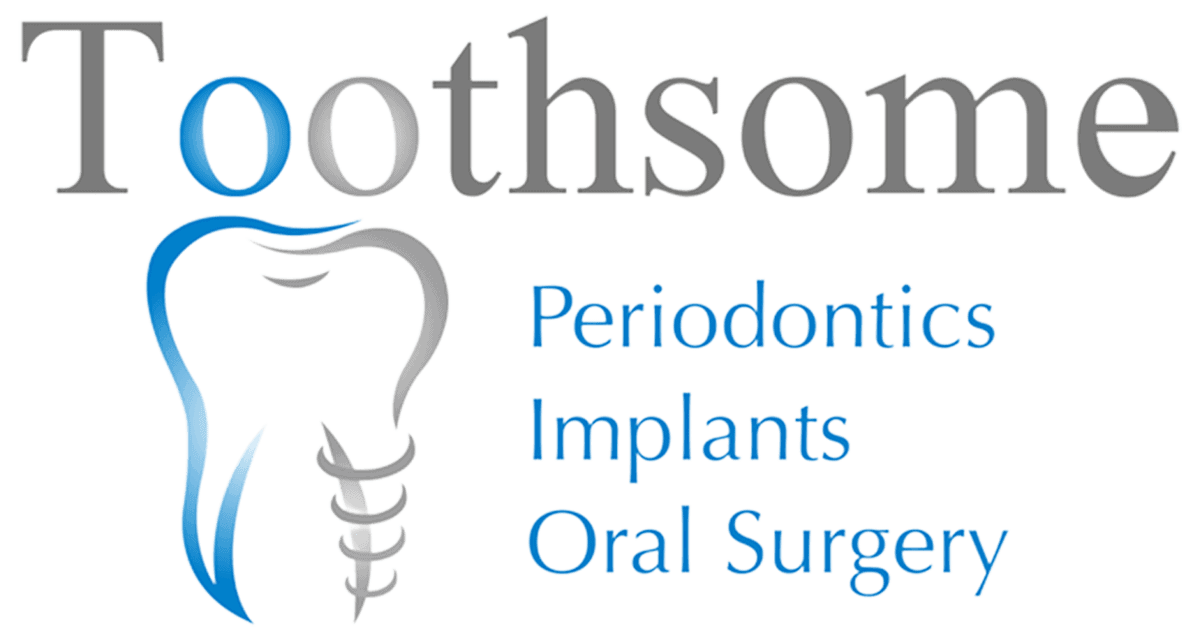
Gum disease is the leading cause of tooth loss in adults. It is estimated that approximately 23% of Australians over 15 have moderate to severe periodontal disease.
Periodontal disease is a serious infection that can damage your teeth, gums, and underlying jawbone if not treated. Gum disease has also been linked to other health problems like heart disease and diabetes. The severity of the disease and the complications involved mean it is crucial to detect and treat gum disease early.
Understanding the symptoms of early stages of gum disease ensures that you get a consultation at your local dental clinic and receive prompt treatment such as scaling and root planing or a dental implant procedure to support your oral health.
What Causes Gum Disease?
Gum disease, also known as periodontal disease, is an infection of the gums and tissues that support the teeth caused by the bacteria Treponema denticola and Porphyromonas gingivalis. If left untreated, gum disease can erode and loosen the connective tissues that support your tooth roots, leading to tooth loss.
The most common cause of gum disease is poor oral hygiene. Plaque is a sticky film of bacteria that constantly forms on the teeth. If plaque is not removed through brushing and flossing, it can harden into calculus known as tartar.
Once calculus forms, it can only be removed through professional cleaning by a dentist or dental hygienist using a manual or ultrasonic scraper. The calculus irritates the gums and causes inflammation.
This inflammation causes the gums to swell and pull away from the tooth, leading to deep gingival pockets. These pockets are a breeding ground for bacteria, which can infect the rest of the gum tissue and increase the risk of decay at the tooth’s root.
Stages of Gum Disease
To determine the stages of gum disease, you need to find a dentist that offers consultation. Your dentist assesses the stages of gum disease using several diagnostic tools.
They’ll review your medical history to determine if there is an additional underlying cause. They’ll perform a manual check-up to look for the presence of plaque, tartar, and gum recession. They’ll measure your gum pockets using a periodontal probe (gum pockets under 3mm deep are considered healthy) and take mouth X-rays to determine if there is any bone loss.
After evaluating your teeth and gums, your dentist will diagnose you with one of the following stages of gum disease and create a personalised treatment plan to restore your oral health.
Gingivitis
Gingivitis is the early stage of gum disease and is indicated by 4mm gum pockets. During this stage, the gums are red, swollen, and bleed easily. Gingivitis is a mild form of gum disease that can usually be reversed with good oral hygiene and a dentist-prescribed mouthwash. If gingivitis is not treated, it can progress to periodontitis.
Periodontitis: Stage 1/Initial
Periodontitis is a more advanced form of gum disease. The gums are very red and inflamed, and they bleed easily. Your gum pocket depth is typically between 5-6mm, and the bacteria in plaque begin to destroy the bone and periodontal ligaments that support the teeth.
Periodontitis: Stage 2/Moderate
Moderate periodontitis is indicated by gum pockets between 6-7mm deep. In addition to bleeding and swelling gums, you’ll experience increased tooth movement as the periodontal ligaments deteriorate further and more supporting bone tissue is lost.
You may also experience persistent bad breath or a foul taste in your mouth as food debris and bacteria become trapped in the periodontal pockets.
Periodontitis: Stage 3/Severe
When your periodontal pockets reach 8-9mm, you are diagnosed with advanced or severe periodontitis. You’ll notice bite changes and loose teeth, and it may be painful to bite down or chew due to abscess formation. Your teeth may appear longer due to severe gum recession.
At this point, your affected tooth or teeth may need to be extracted, and your dentist may recommend dental implants to replace your teeth after you’ve received gum therapy.
Treatment Options
To treat the early stages of gum disease, your dentist may recommend scaling and root planing and a course of antibiotics. However, for more advanced gum disease, you may need a tooth extraction and dental implants to replace your teeth. 
Dental implants are a popular tooth replacement option for patients with gum disease. The dental implant procedure involves inserting a metal post into the jawbone topped with an abutment to support artificial teeth.
The dental implant procedure has a high success rate between 90-95%. Dental implants are the only permanent solution to replace teeth damaged due to gum disease. Dental implants can last a lifetime; however, dental crowns may need to be replaced every 15-20 years due to natural wear and tear.
Dental implants look and function like your natural teeth. The dental implant procedure creates a firm foundation in the jaw, allowing you to eat, speak, and smile normally. With dental implants, you can brush and floss your teeth normally; no special cleaning methods or solutions are required.
Although the dental implant procedure has a higher upfront cost than many other tooth replacement options, the dental implants’ strength, and longevity mean you need fewer repairs and replacements over the dental implants’ lifespan. This makes the dental implant procedure more cost-effective long-term. Read more about implant procedures.
Get a Dental Consultation Near You at Toothsome
Gum disease is a serious problem that can lead to oral and other health complications. That’s why it’s important to be aware of the early signs and stages of gum disease so you can get treatment as soon as possible and protect your smile.
If you have concerns about your oral health or are considering a dental implant procedure, contact Toothsome Implants Chatswood for a consultation.
- Sydney CBD on (02) 9159 3728
- Baulkham Hills on (02) 9158 6637
- Chatswood on (02) 8203 8786
Note: Any surgical or invasive procedure carries risks. Before proceeding, you should seek a second opinion from an appropriately qualified health practitioner.


